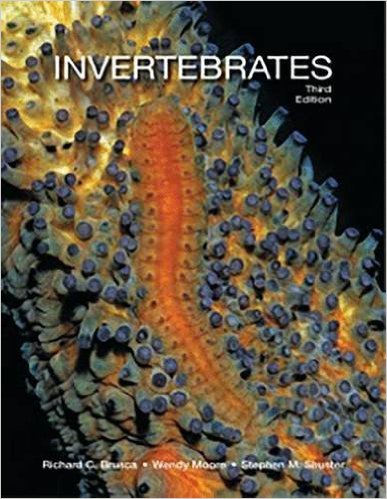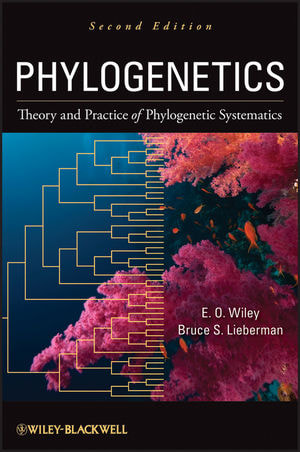Invertebrate Zoology (BSC 477/577)
|
This undergraduate/graduate-level course is designed to provide students with comprehensive exposure to the subject of invertebrate zoology. Students will learn about the diversity, taxonomy, ecology, evolution, structure, and function of invertebrates. We will cover all phyla from Acoelomorpha to Xenoturbellida and explore diversity within phyla based on available exemplars.
The instructor has a background combining traditional tools like electron microscopy and histology with modern genomic and bioinformatic approaches. As a consequence, students will learn about the importance of both old and new tools in the field of invertebrate zoology. Registration is required for both lecture and laboratory. Sample syllabus |
Principles of Biology II (BSC 116)
|
This course a survey of organismal diversity, form, and function including prokaryotes, protists, fungi, plants, and animals. The overarching themes of the course are the ecological and evolutionary relationships among living things, emphasizing both the unique characteristics that different organisms possess and universal biological principles. The course is divided into three parts: I) Single-Celled Organisms, Fungi, and Plants; II) Animal; and III) Ecology.
Sample syllabus |
Principles of Systematics (BSC 420/520)
|
This undergraduate/graduate-level course is introduces students to the principles, methods, and applications of systematics to analysis of morphological and molecular data. Includes introduction to biological classification and nomenclature.
Sample syllabus |



